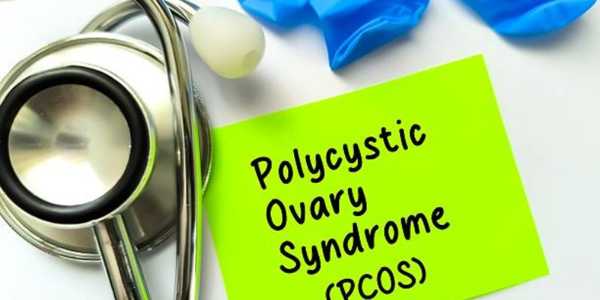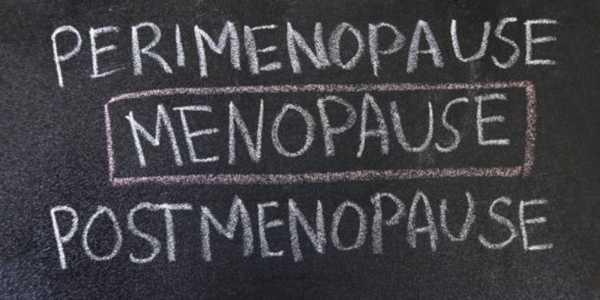Women's Health

Early Signs of Polycystic Ovary Syndrome (PCOS) Every Woman Should Know
A lot of women experience symptoms that are mysterious or hard to understand, such as irregular menstruation, rapid weight gain or loss, or sudden skin problems. Among the most frequent disorders causing these issues is polycystic ovary syndrome (PCOS). It is a hormonal condition found in women of reproductive age and tends to manifest with subtle symptoms that are easy to miss at first.

The Truth About Irregular Periods And What They Mean For Health
Menstrual cycles are not always considered a typical monthly sign of health, and people are often unsure what actually constitutes being "normal." The normal menstrual cycle is anywhere from 21 to 35 days long, with bleeding anywhere from 3 to 7 days. A cycle that falls outside of those parameters, misses altogether, or drastically alters can sometimes be called an irregular period.

Natural Remedies That Can Help With Painful Periods
Menstrual cramps, or dysmenorrhea, afflict millions of women every month. For others, the pain is short-lived and not so terrible, but for others, it is severe enough to disrupt daily life. Painkillers are readily reached for quick relief by many women, but growing interest in natural pain relievers has seen alternative treatments that can bring relief without the use of medication.

What Every Woman Should Know About Ovarian Cysts
Ovarian cysts are a health condition many women know of but know little about. These fluid-filled sac-like structures typically develop unobtrusively in the ovaries, sometimes even disappearing without incident. Other times, they can be painful, swollen, or even life-threatening. Knowing the symptoms, causes, and cures can be a lifesaver for women's reproductive health.

How Stress Affects Menstrual Cycles And Fertility
Stress is often called the "silent disruptor" because it doesn't just affect the mind—it can also throw the body off balance. For women, Stress has a unique influence on reproductive health. Irregular periods, delayed ovulation, or struggles with fertility can sometimes trace back to high levels of emotional, physical, or psychological Stress.

Signs Of Perimenopause Women Often Mistake For Stress
Feeling constantly tired, anxious, or forgetful is often blamed on Stress. But for many women in their late 30s to 50s, these symptoms may actually be signs of perimenopause. This natural stage marks the transition toward menopause, usually starting in the mid-to-late 40s but sometimes earlier, and it can last several years.

The Role Of Nutrition In Regulating Hormones Naturally
Hormones act as the body’s internal messengers. They influence everything from energy levels and sleep quality to mood, weight, fertility, and even skin health. When these chemical messengers fall out of balance, daily life feels the impact. While medications exist, more people are seeking natural ways to restore balance, and nutrition is proving to be one of the most effective tools.

How to Reduce PMS Symptoms Without Medication
Premenstrual syndrome (PMS) is more than just “that time of the month.” For many, it comes with mood swings, bloating, fatigue, and cramps that interfere with daily life.

What a Missed Period Really Means (Beyond Pregnancy)
Missing a period often triggers the immediate thought of pregnancy. But here’s the truth—pregnancy is just one possible reason. A missed or late period can happen for many other reasons, ranging from lifestyle factors to underlying health conditions. Understanding these causes helps take away unnecessary fear and points toward what’s really happening inside the body.

10 Best Superfoods For Balancing Women’s Hormones
Hormonal changes affect every stage of a woman’s life. From puberty to menopause, shifts in hormones influence mood, energy, sleep, weight, and even skin health. When hormones fall out of balance, the signs can be hard to ignore—irregular periods, fatigue, hot flashes, or constant mood swings.